

Sustainability
From building a resilient and agile value chain to solidifying our role as a trusted partner, to identifying and capturing new sources of business value, sustainability plays a key role in fulfilling our company purpose and enabling our commercial vision.
Communities
From thousands of farmers to millions of small retailers, to colleagues and consumers, we strive to improve livelihoods and increase access to opportunity. Going beyond an affordable and accessible category, we stand for better choices, which is why we promote moderation.


Natural
Beer is made from water and simple ingredients, grown locally and brewed with the aim to preserve our natural resources, so we understand the true value of the planet’s precious resources. We leverage nature-based solutions to develop resilience where it is needed most.
Natural
Beer is made from water and simple ingredients, grown locally and brewed with the aim to preserve our natural resources, so we understand the true value of the planet’s precious resources. We leverage nature-based solutions to develop resilience where it is needed most.

Local
We are the proud maker of more than 500 local brands, with 175 major breweries and operations in nearly 50 countries. We strive to keep our supply chains short, our impact direct and our boots on the ground. We believe in the future of local economies and invest in their well-being and resilience.
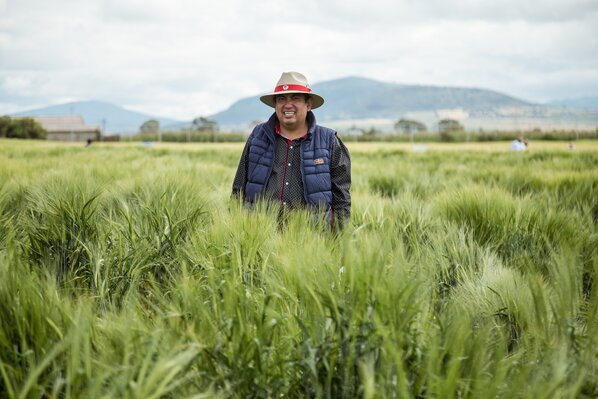
Our Goals & Ambitions
Our business is closely tied to the natural environment: agricultural crops and water are our key ingredients, we require raw materials for our packaging and we need energy and fuel to brew, transport and refrigerate our beers. Our 2025 Sustainability Goals and ambition to achieve net zero aim to help address the environmental and social climate-related impacts we are experiencing across our value chain and in the communities where we work.
2025 Sustainability Goals
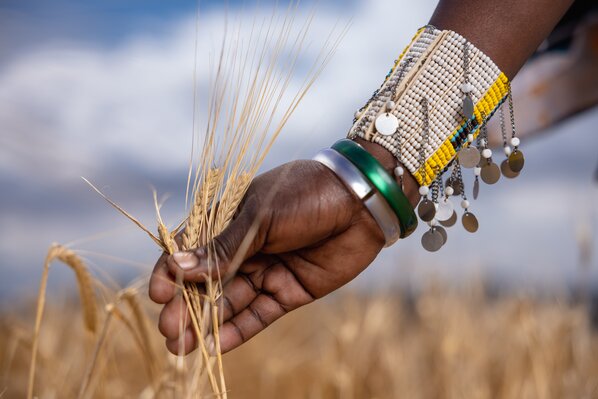
Smart Agriculture
By 2025, 100% of our direct farmers will be skilled, connected and financially empowered.
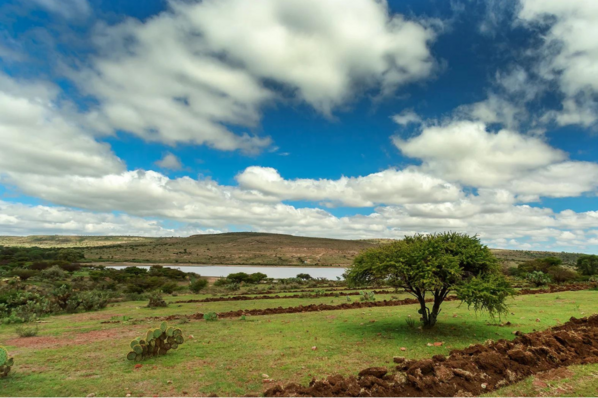
Water Stewardship
By 2025, 100% of our communities in high-stress areas will have measurably improved water availability and quality.
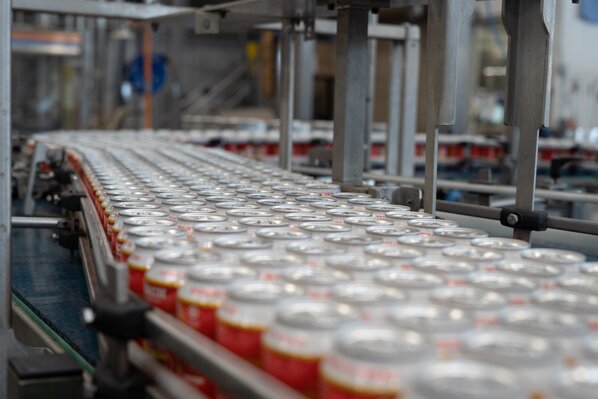
Circular Packaging
By 2025, 100% of our product will be in packaging that is returnable or made from majority recycled content.
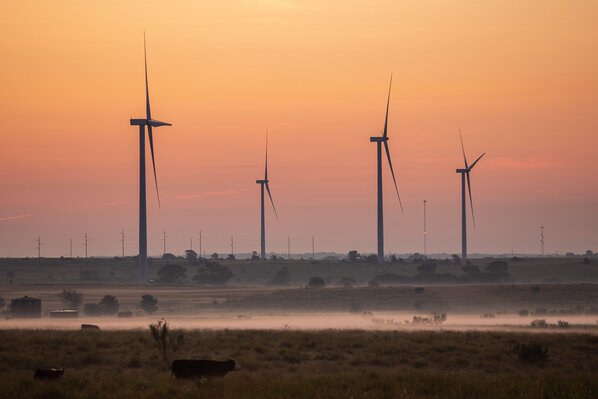
Climate Action
By 2025, 100% of our purchased electricity will be from renewable sources and we will have a 25% reduction in CO2 emissions across our value chain.
Ambition to Achieve Net Zero
We have an ambition to achieve net zero emissions across our value chain by 2040.
Our Strategic Initiatives

The 100+ Accelerator invests in sustainability-focused startups to pilot, validate and scale breakthrough solutions in water stewardship, farmer productivity, product upcycling, responsible sourcing, green logistics and more.

Eclipse is a supplier-collaboration platform created to support supply chain partners on their decarbonization journey.
Sustainability Resources
2022 Environmental, Social & Governance Report
2022 CDP Climate Response
2022 CDP Water Response
Net Zero Ambition
